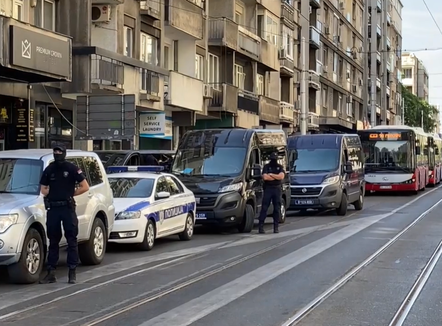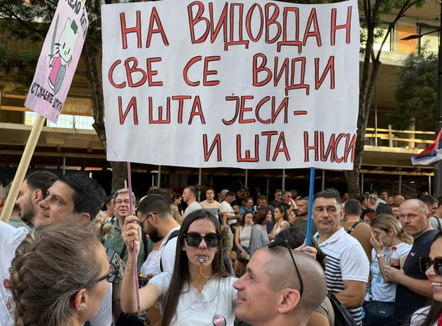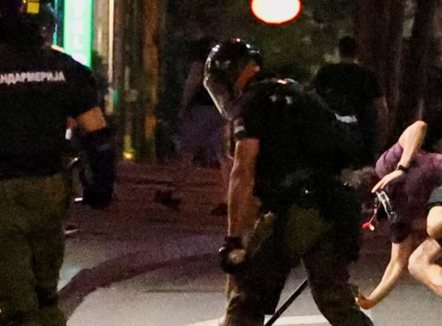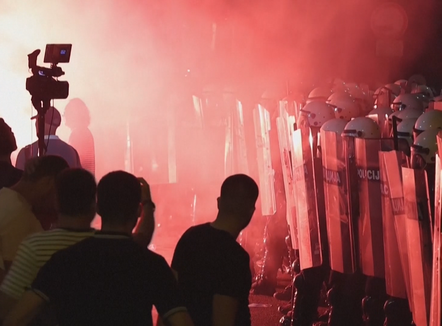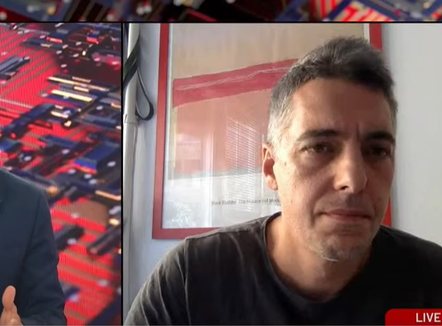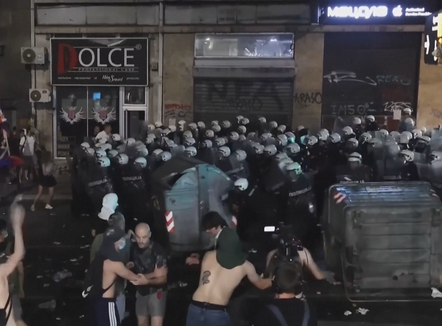
Shaip Kamberi, the sole representative of Albanians in the Serbian Parliament, announced on Tuesday that he has decided to boycott the Serbian Parliament in protest against, as he described it, the political and institutional crisis in the country, the lack of political will to respect human and minority rights, especially Albanians in the Presevo Valley.
In a Facebook announcement, Kamberi listed a number of reasons for which he said he has decided that "under these circumstances, I will not participate in the future proceedings of the Parliament of Serbia."
“A truly pro-European society can only be built by guaranteeing equal conditions and dignified treatment for all – including Albanians,” he wrote.
Kamberi added that a pro-European society "cannot be built on the myths of the past, nor on historical fictions, nor on the ambition for hegemony in the Western Balkans."
Kamber's announcement comes two days after a massive anti-government protest in Serbia, attended by thousands of demonstrators and involving clashes with police.
Some of the police actions have been accompanied by arrests, while students participating in the blockade have accused the police of excessive use of force against the protesters. The student protesters said on Monday that 29 of their colleagues were arrested in the morning hours.
Kamberi said that he also made the decision to boycott the Assembly believing that the democratization of Serbia "is not a simple matter of changing power, but requires a sincere will for reform, respect for all citizens and equal treatment for all communities."
"In fact, true democratization can only occur when, alongside the change of power, there is also a final break from the imperialist politics of the '90s," he said.
Kamberi did not say how long he would boycott the Serbian Parliament, but said that "you will be informed in due course" about future political actions.
He stressed that he has witnessed "every day continuous violations" of fundamental human rights and minority communities - in particular Albanians.
"Non-recognition of diplomas, political and institutional underrepresentation, administrative passivity and lack of economic perspective have become part of a systematic agenda aimed at the depopulation of the Presevo Valley by Albanians," he said.
More than 60,000 Albanians live in Serbia, making up the fourth largest minority there, according to the last population census in 2022.
In international reports, the Presevo Valley – a term used for Presevo, Medvedja and Bujanovac, municipalities inhabited by an Albanian majority in southern Serbia – is considered completely isolated and is said to receive attention only during election times.
Albanians in Serbia complain that the authorities there do not recognize their Kosovo diplomats, they demand integration into Serbian state institutions, permission to use Albanian national symbols, and a resolution to the issue of the passivation of addresses.
Serbian officials have denied the allegations.
Deregistration means erasing citizens from their registered addresses. This step results in the loss of Serbian citizenship, and consequently all civil rights – including the right to vote, own property, have health insurance and a pension, and be employed.
Address verification has been defined by law in Serbia since 2011. The law stipulates that institutions conduct checks to determine whether a resident lives at the registered address./ REL (A2 Televizion)

